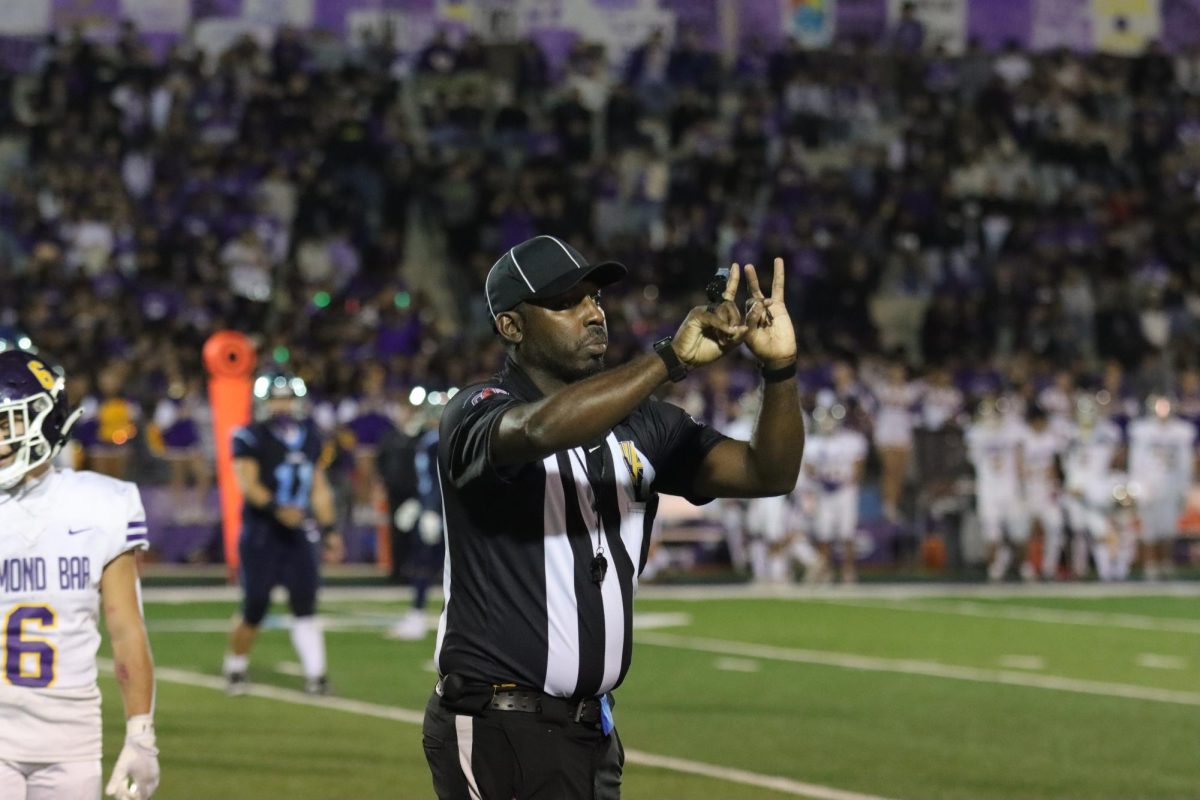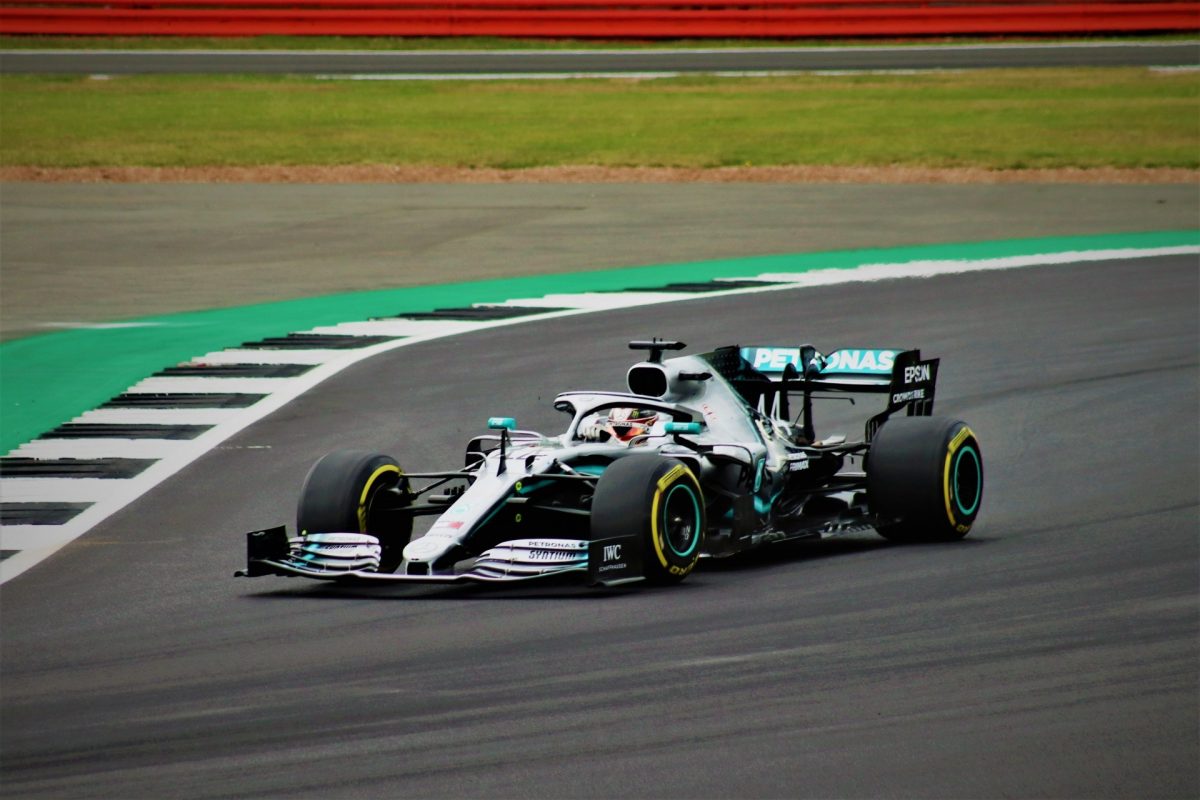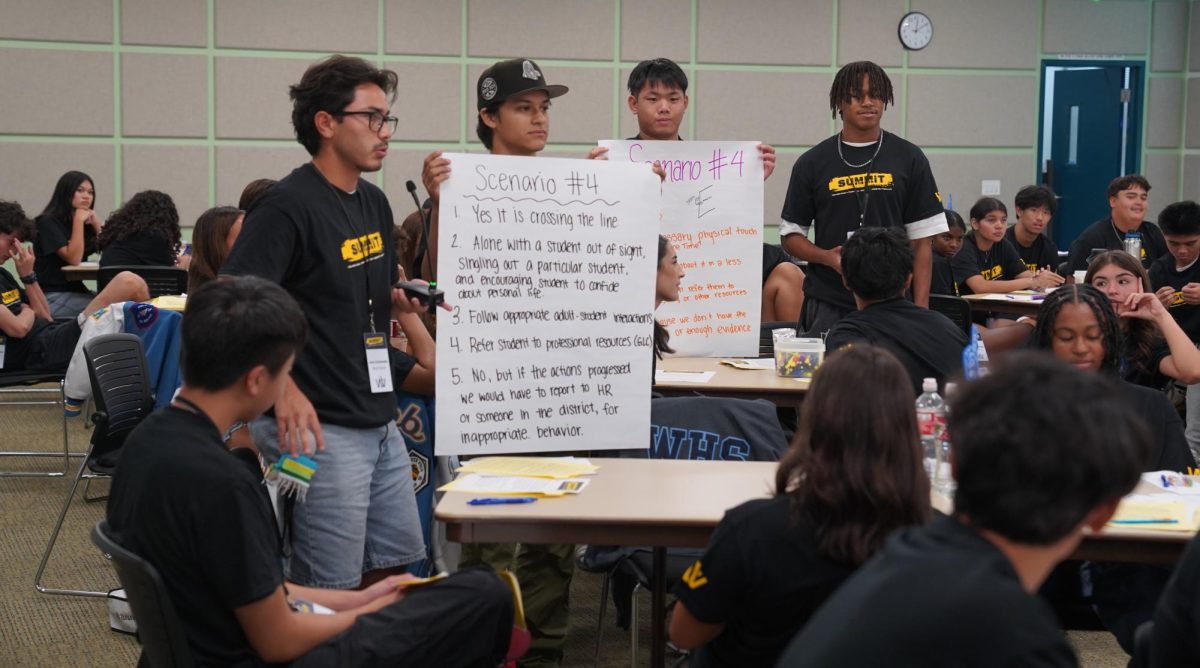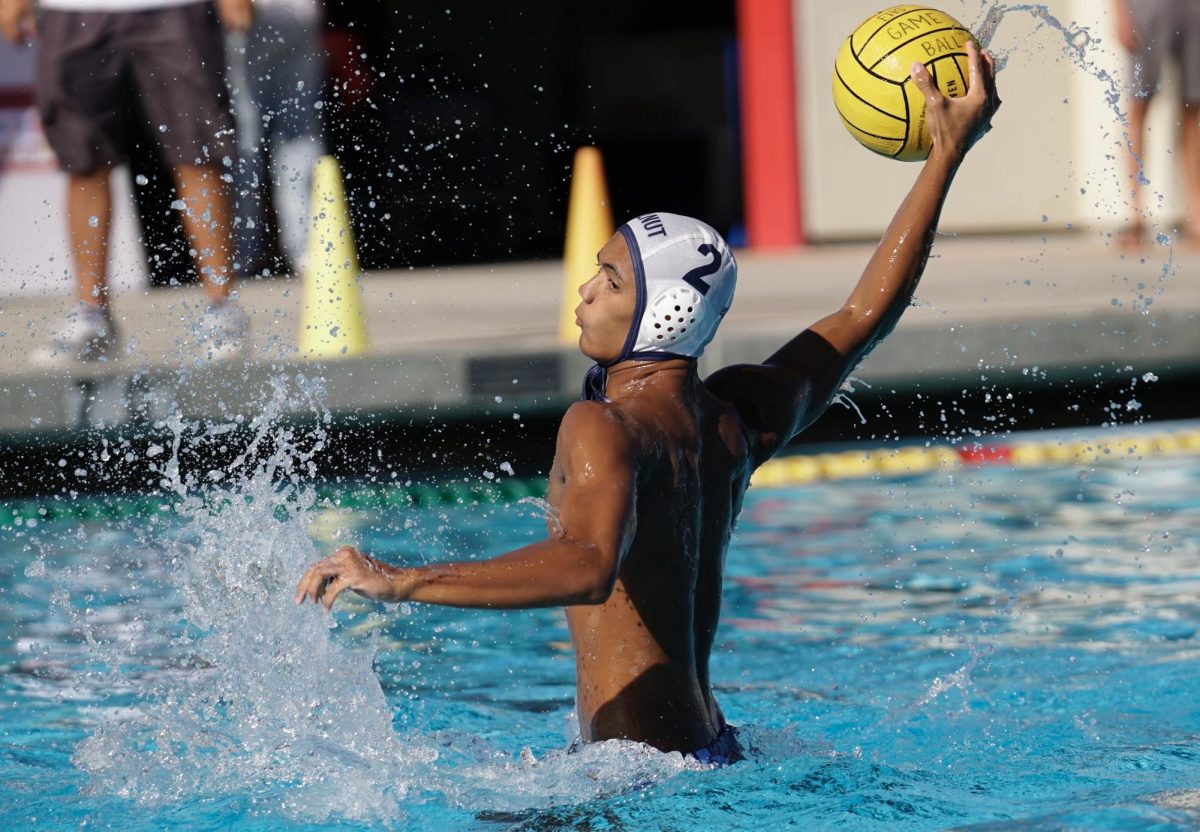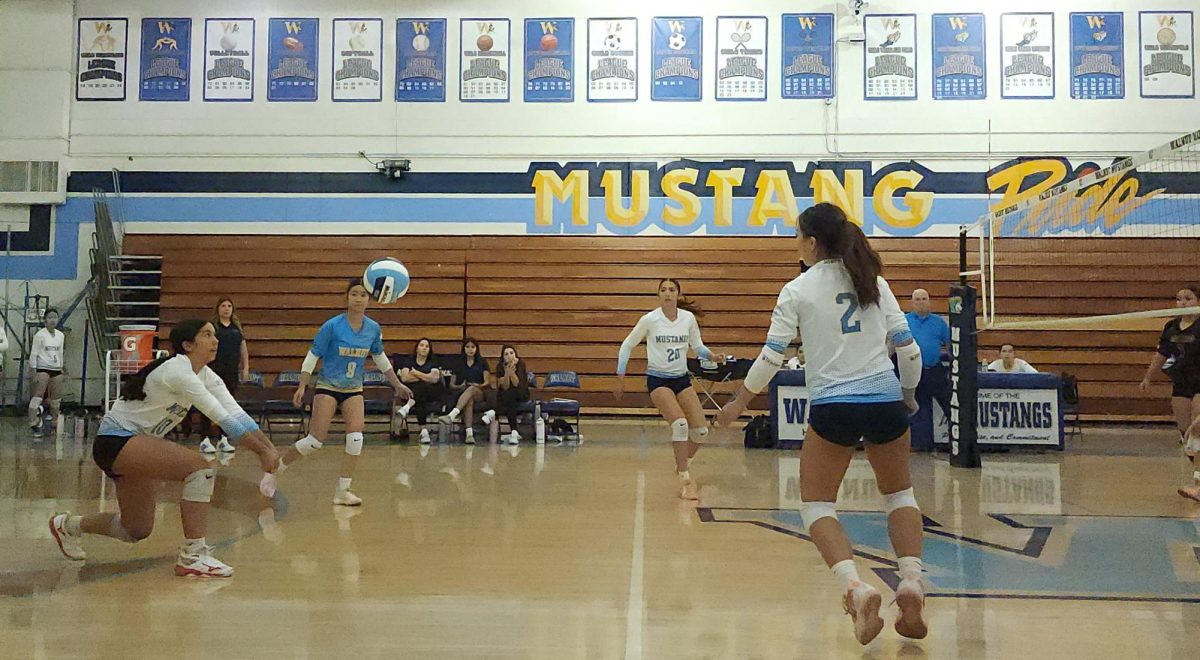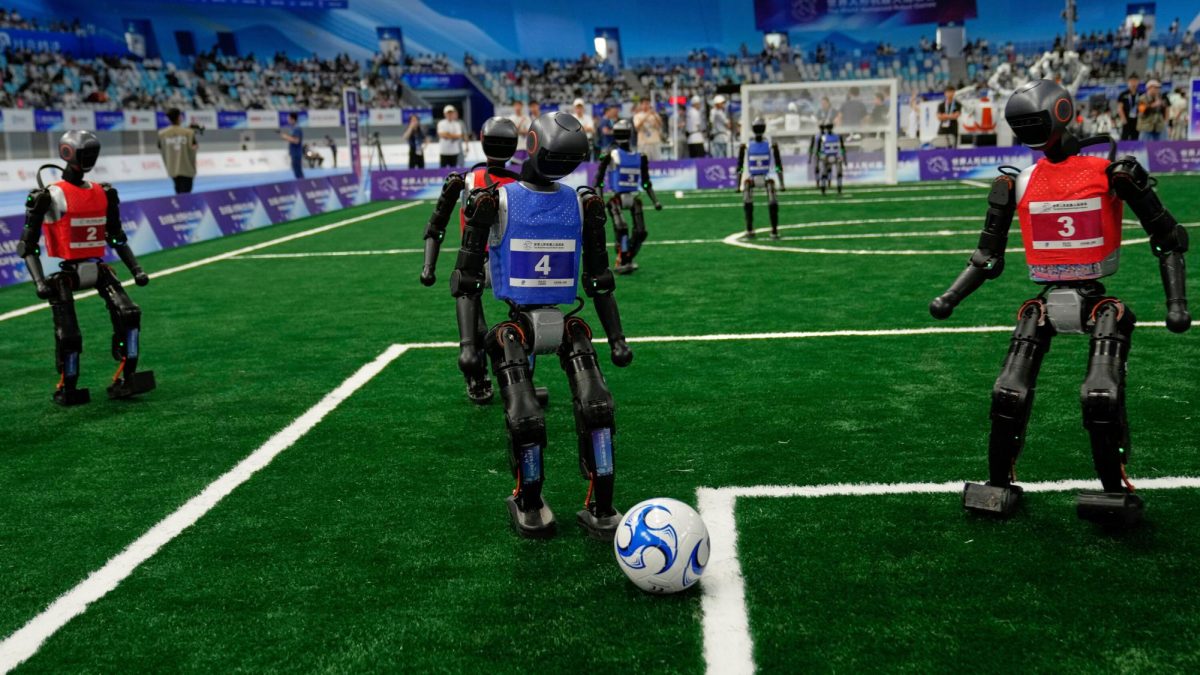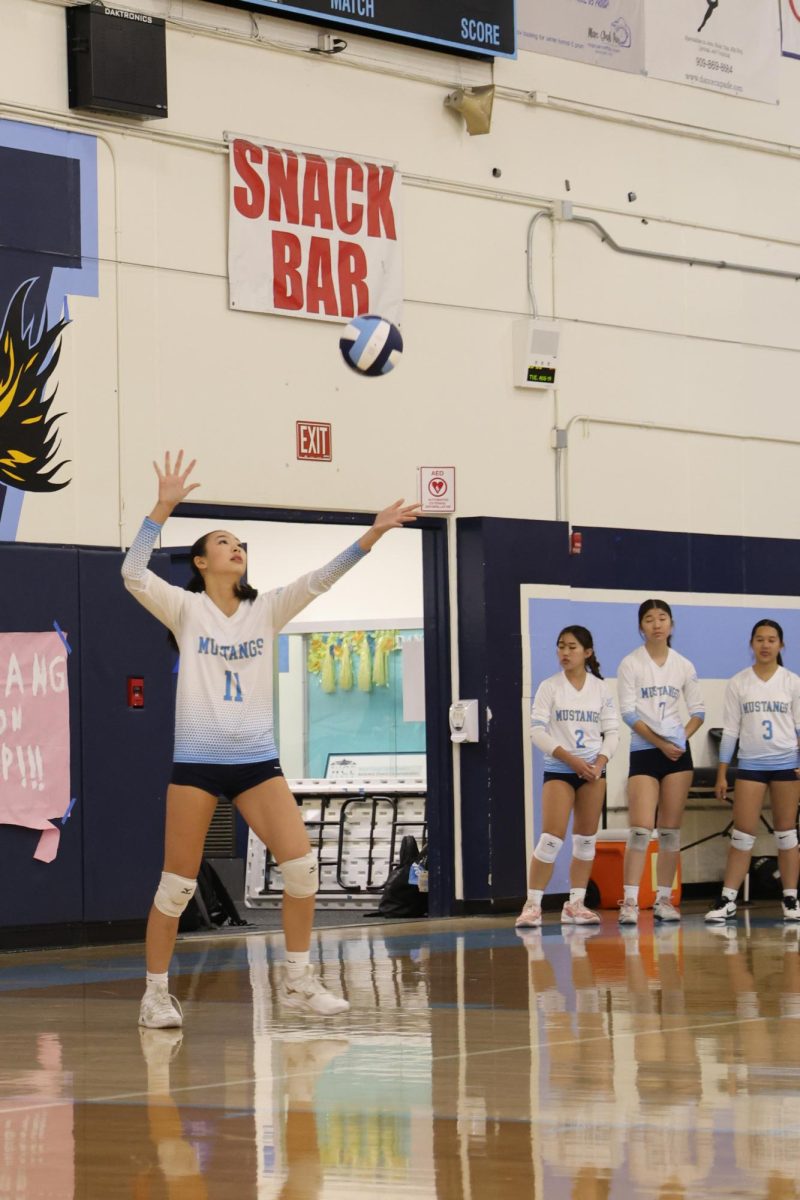In every high school sport, one of the biggest gray areas surrounds the consequences of unethical and unsportsmanlike conduct. Often, instances of faking illegal contact to delay the game or intentionally using subtle cheating tactics to disrupt the momentum of play, are unfairly utilized to gain an advantage over competition. By cheating the game, actions like this distort and undermine the core values of sports, which include fair play, respect for opponents and integrity.
There must be stricter rules to combat unethical behavior and purposeful game disruptions. With the majority of instances of cheating going unnoticed, those that are even brought up to the attention of the coaches or officials usually face minor consequences. Especially in the heat of a moment, sportsmanship tends to go out of the window, where athletes are motivated to do anything to win. Applying to all high school sports, many players are victims to unfair play and sport administrations must do more to promote proper gameplay.
For example, in tennis, many people cheat on line calls as there are no official line judges during league matches on the high school level. When a ball lands in, it is extremely easy to call it out, as the rules state that the person making the call has the final say. If there is a dispute, each team can send one player to act as a line judge, but this system does not work because each player would rule in favor of their team. The consequences of dishonesty are almost nonexistent, creating no discouragement toward skewing the game. Instead, to incentivize proper game etiquette and integrity, players must be given game penalties as punishment toward improper line calls.
“I play against people who cheat on line calls very often, and a lot of people will keep calling shots that are in [to be] out. I think there should be more severe consequences to meet that, like penalties that could even be to not allow them to play.” freshman singles one Brigitte Hsieh said. “Cheating is bad sportsmanship and I get pretty mad when players like that think they can do it to other people.”
There should also be stricter consequences against excessive contact in football games, as athletes’ health holds the most priority over any result. In the first instance of this occurrence, players should sit out the rest of the game instead of merely being handed a yellow card. On top of that, some players utilize flopping in order to fake illegal contact and draw benefits in the game. To combat this strategy, there should be stricter consequences to deter players from exploiting these tactics to maintain the integrity of sports.
With water polo, players may face situations where there is unnecessary contact. According to sophomore goalie Jared Rey, his teammates have gotten their suits pulled underwater and have been in many overly aggressive games. In severe cases, people may even get ejected from the game for this behavior. However, the consequences are often a turnover of the ball to the other team, which is not enough to combat unsportsmanlike conduct in water polo.
“I think we can put [harsher penalties] but it will be very hard to enforce because it usually goes unnoticed. Some players play really aggressively and make it hard to play the sport and swim. They make it frustrating and it can hurt our team mentally because we are afraid to get hurt. One time, someone was tugging really hard on my suit and it affected my mentality the whole game,” Rey said.

